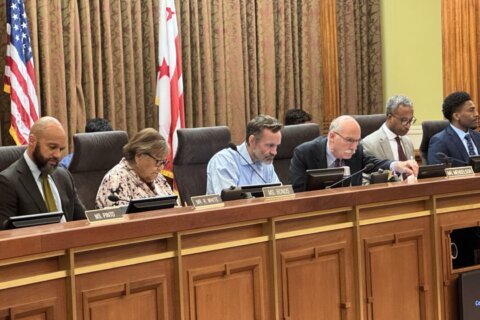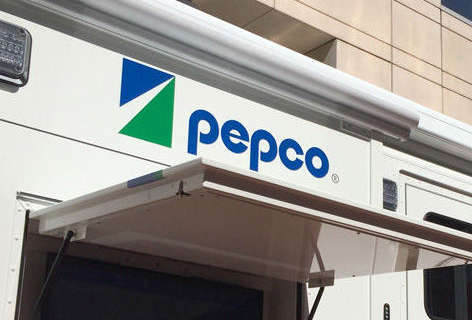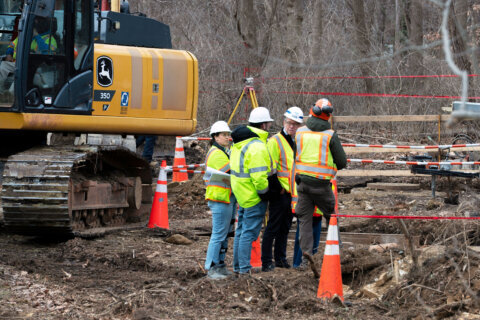It is 8 p.m. and you get a knock at the door. It’s someone claiming to be a U.S. Census worker, looking to gather personal information about you. Is it safe to open the door?
That was the question WTOP’s Anne Kramer had when she received a similar visit to her home.
“I thought to myself, ‘Who, including the government, comes to your house at eight o’clock at night, in the dark — it’s dark by then — and knocks on your door and stands there in your doorway and wants you to answer questions for the Census Bureau?’” Kramer recalled.
The man ended up being legitimate, as census takers do visit homes between 9 a.m. and 9 p.m.
Patricia Ramos with the Census Bureau said many people expect census takers near the start of the new decade for its Decennial Census, but the bureau also conducts other surveys in the years in between.
Among them is the American Community Survey, or ACS. With that, certain households are chosen each year to participate and participation is “constitutionally mandated,” according to Ramos.
Mailings from the Census Bureau normally go out first and they are followed by visits from census takers, if the mailing is not completed.
Kramer recalled receiving mailings from the Census Bureau but believed that because she’s a renter, she didn’t need to fill it out.
So, how do you know if you’re working with a real census worker and not someone with wicked intent?
Ramos said the first step to checking if a census taker is the real deal, is getting their name and verifying their credentials on the Census Bureau’s website.
“They (the resident) just need a name, and they need to verify that their badge has their name, it should have the logo of the U.S. Census Bureau, and then you can immediately verify that by cellphone or on our website,” Ramos said.
You also have the choice not to answer the questions directly with the census taker, instead the worker would present you with a code that allows you to answer the questions, some of them very personal, on the bureau’s website.
Ramos said what a census taker will never ask for is information such as your full Social Security number or your bank accounts.
“Rest assured that before anybody goes and knocks on the door of any household, they are thoroughly trained on what they can ask, what they should never ask and also how that information will be obtained. … We will never release any personal information of any respondent for any reason, and that includes even sharing our data or our respondents’ information with any other agencies,” Ramos said.
Tips for identifying a Census Bureau worker
Ramos said when a survey comes to you in the mail, the return address should be from either the U.S. Census Bureau or its parent agency, the U.S. Department of Commerce.
Another telltale sign that a mailing is legitimate is the return address will be in Jeffersonville, Indiana.
“That’s really important, because that’s where our mail processing center is located,” Ramos said.
People can also be contacted by phone, email or text for surveys. For emails, Ramos said the domain name should be “census.gov.” With a text messages and phone call, a person would be supplied with the name of the worker contacting them, so that name can be verified on its website.
Ramos said the goal is to make sure residents are comfortable during the survey process, both in person and online.
“We want to make sure that respondents feel safe, because they will be asked a lot of personal information about themselves,” Ramos said.
Get breaking news and daily headlines delivered to your email inbox by signing up here.
© 2024 WTOP. All Rights Reserved. This website is not intended for users located within the European Economic Area.








